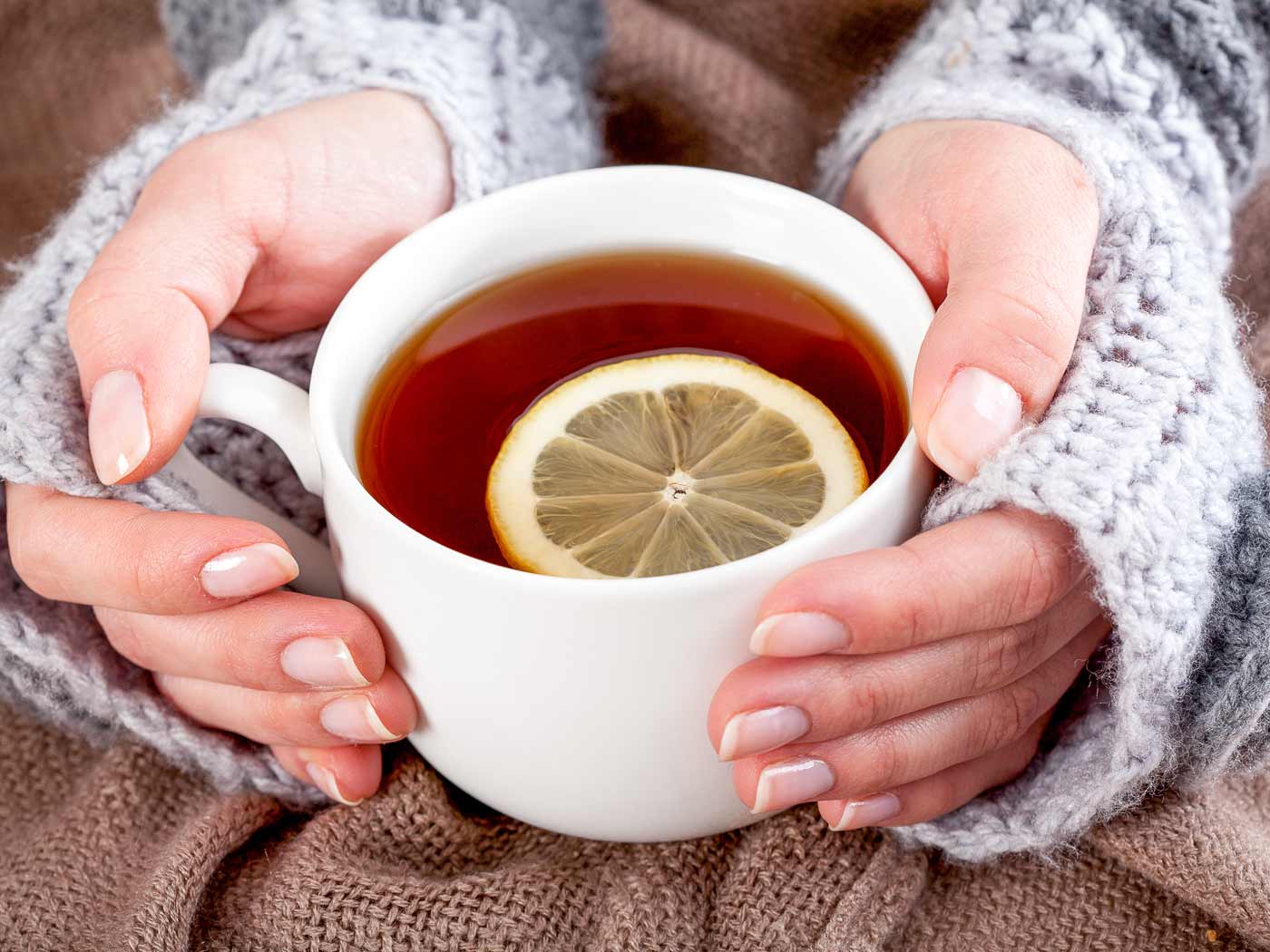Adults are not the only ones who experience the persistent oral condition known as halitosis. Babies and toddlers also deal with bad breath just like anybody else. Like in adults, it can be very alarming for parents to experience infant bad breath. However, there are ways in which to deal with this problem before it causes more physical harm to the child’s oral health.
Common Causes of Infant Bad Breath
One of the reasons for infants bad breath is due to the manner in which they breathe. Infants usually breathe through their mouths when they have a cold or an allergic reaction. When infants breath through their mouths, it causes the mouth to become dry. When this happens, the mouth becomes a more conducive environment for bacteria to breed. Infants also love to bite their toys and pacifiers and as such, saliva is transferred to the objects they bite into. The saliva, which contains some bacteria from inside the mouth, can cause their toys and pacifiers to have foul smells as well. Another cause of infant bad breath is gastroesophageal reflux, which is a fancy way of saying they spit their food back up.
How To Treat Bad Breath In Infants
Parents will essentially find it easy to eliminate infant bad breath. It takes a few steps and changes in how take care of their infants.
The first thing to do when attempting to eliminate infant bad breath is to gently brush the gums and few teeth of the infant with a soft rubber toothbrush. If this is still not possible, gently wipe infants tongue and gums after drinking milk. You may give a baby (six months and older) a little water to remove any milk residue left on their gums and tongue.
Another way to eliminate infant bad breath is to keep their toys and pacifiers sterilized after they play or bite into these objects. Doing so will eliminate any bacteria that has accumulated on the objects.
When infant bad breath still remains, it is wise to go and visit the pediatrician to check for any other causes for the infants foul smelling breath.



